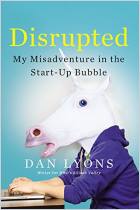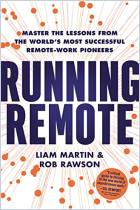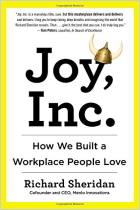Acesse a sua conta getAbstract para obter o resumo!

Acesse a sua conta getAbstract para obter o resumo!
Scott Berkun
The Year Without Pants
WordPress.com and the Future of Work
Jossey-Bass, 2013
Sobre o que é?
No pants, no meetings, no deadlines, no office politics. All WordPress.com demands is great work.
Recommendation
What is it like to work for a company that breaks all the rules? Management expert Scott Berkun took a job at Automattic – the parent company of WordPress and WordPress.com – to find out. Office politics, hierarchies, production schedules and other traditional work structures do not constrain Automattic employees. They work remotely from around the world. They can be anywhere and work anytime since the firm judges them solely on the quality of their results. Berkun describes the positives and negatives of this revolutionary company and predicts how its example might influence the future of work. His witty stream-of-consciousness narrative engages, but leaves gaps – the reader must work to extract necessary management lessons. getAbstract recommends Berkun’s journey into the workplace of the future to entrepreneurs, investors, start-ups and leaders on every level.
Summary
About the Author
Management expert, blogger and speaker Scott Berkun is the author of Making Things Happen, The Myths of Innovation, and Mindfire: Big Ideas for Curious Minds.































Comment on this summary